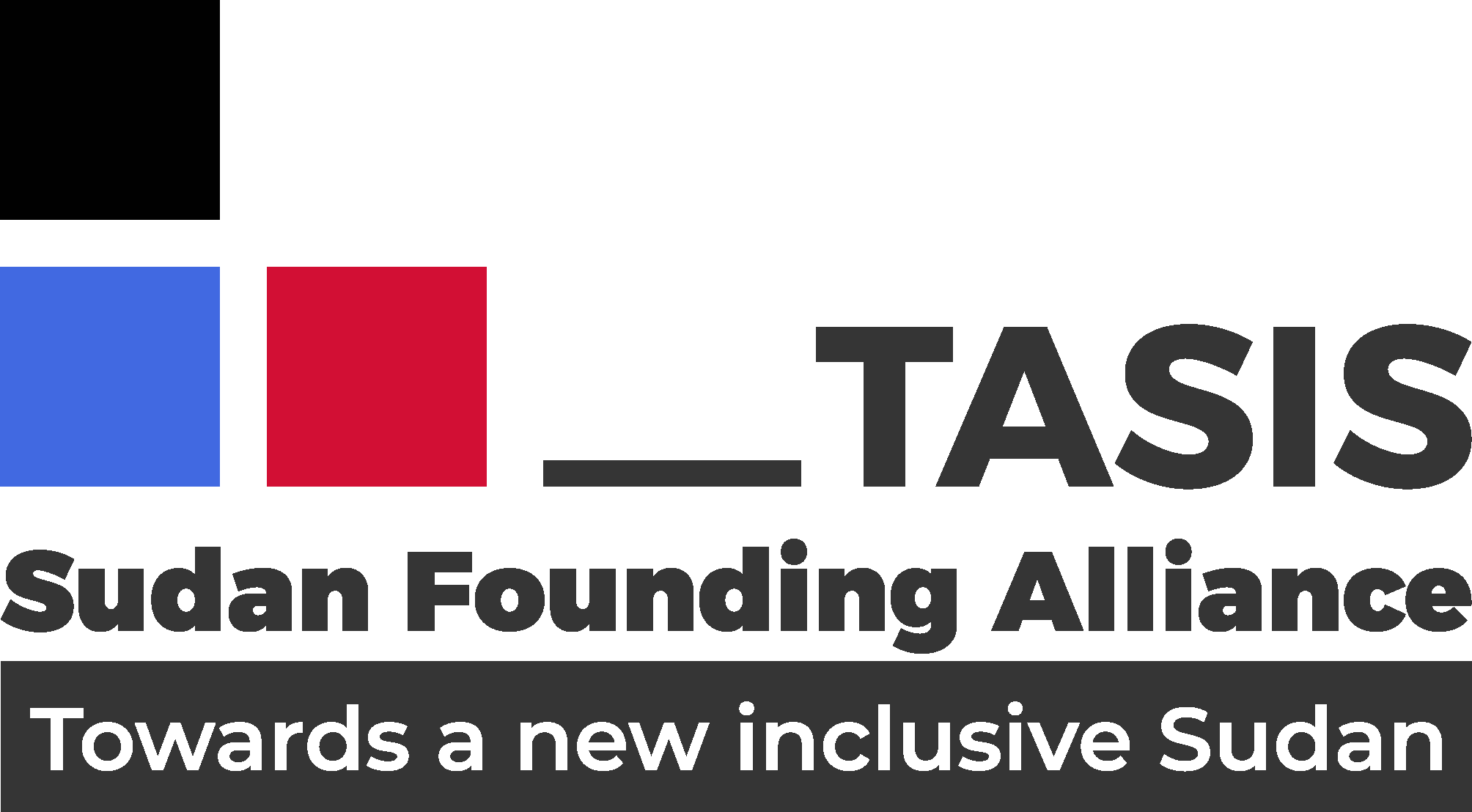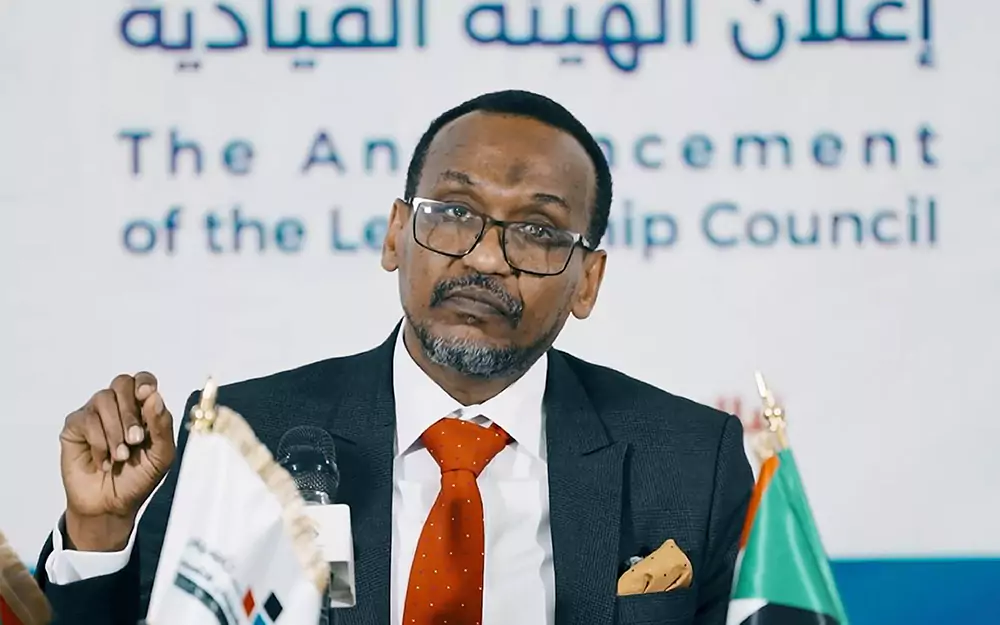In a groundbreaking announcement, the Sudan Founding Alliance (TASIS) declared the formation of the Government of Peace and Unity, ushering in a new chapter for Sudan after years of conflict and instability. The announcement, made in Nairobi, follows the adoption of the Sudan Founding Charter and the signing of the Transitional Constitution earlier this year.
At the core of the new government is a collective leadership structure comprising Chairman Mohamed Hamdan Dagalo, Vice Chairman Abdalaziz Adam Alhilu, and Prime Minister Mohamed Hassan Othman Al-Ta’ayshi. Together, they lead the 15-member Presidential Council, which also includes eight regional governors. This arrangement reflects TASIS’s commitment to shared leadership, federalism, and inclusive governance, ensuring that Sudan’s diverse regions and constituencies are equally represented in decision-making.
The Government of Peace and Unity will oversee security, humanitarian relief, and transitional governance in territories under TASIS control, with the mission of restoring stability and preparing Sudan for democratic elections.
In its founding declaration, TASIS emphasized that the establishment of this government represents a turning point in Sudan’s history:
It seeks to end Sudan’s cycle of wars, making the recent conflict the last war in the nation.
It prioritizes civilian protection, the return of displaced persons, and national reconciliation.
It commits to building a secular, democratic, and decentralized Sudan, where all citizens—regardless of ethnicity, religion, or region—enjoy equality and justice.
International reactions were cautiously optimistic, with regional stakeholders welcoming TASIS’s effort to provide a credible alternative to decades of military rule and authoritarian governance.
The launch of the Government of Peace and Unity marks a pivotal moment for Sudan, as TASIS positions itself as the leading actor in charting a path toward peace, democracy, and prosperity.


